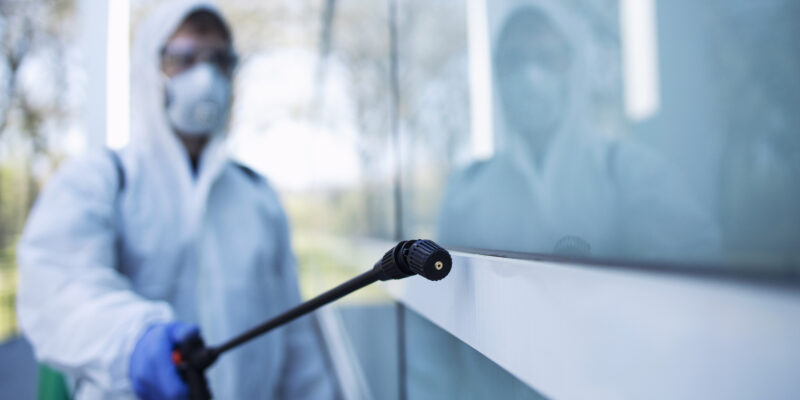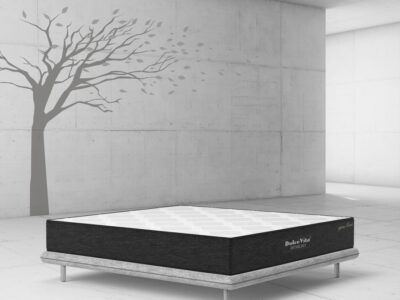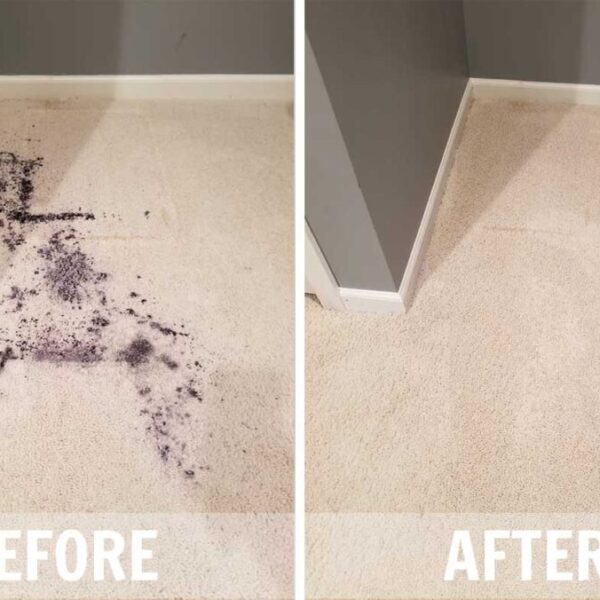
Perth’s warm climate and lush natural surroundings make it a beautiful place to live, but they also attract a range of pests looking to invade homes. From ants and spiders to rodents and cockroaches, these pests can cause discomfort, health risks, and property damage if left unchecked. Here’s a look at some of Perth’s most common household pests and practical ways to keep them out of your home.
1. Ants
Ants are among the most common pests in Perth, particularly in the warmer months. These tiny invaders are usually after food and water, making kitchens and bathrooms their primary targets. The coastal brown ant, Argentine ant, and black house ant are especially prevalent in the area. Once ants find a source of food or moisture, they release pheromones to attract others, quickly leading to an infestation.
Prevention Tips:
- Seal entry points: Block small gaps around doors, windows, and walls to limit their access points.
- Remove food sources: Wipe down surfaces and store food in sealed containers. Keep pet food off the floor and clean up crumbs immediately.
- Eliminate water sources: Repair leaking faucets, pipes, and damp areas, as ants are drawn to moisture.
- Use deterrents: Citrus oils, vinegar, and mint can act as natural ant repellents when sprayed around entry points.
2. Cockroaches
Cockroaches thrive in Perth’s climate, especially the American and German cockroach varieties. These pests are nocturnal, often hiding in dark, moist areas like under sinks, behind appliances, and within walls. Cockroaches can contaminate food and spread bacteria, posing health risks to your household.
Prevention Tips:
- Keep your home clean: Regularly sweep, vacuum, and wipe surfaces to eliminate crumbs and spills that may attract them.
- Seal cracks and crevices: Cockroaches can enter through even the tiniest gaps, so inspect walls, doors, and windows.
- Limit moisture: Fix leaks and use dehumidifiers if necessary to create a less hospitable environment.
- Secure trash bins: Cockroaches are drawn to garbage, so ensure bins are sealed tightly and empty them regularly.
3. Rodents (Rats and Mice)
Rats and mice are prevalent in Perth and can cause extensive damage to homes by gnawing on electrical wiring, insulation, and wood. They are also carriers of diseases, contaminating surfaces and food. The roof rat and Norway rat are particularly common in the area, often entering homes through small openings or by climbing trees and utility lines.
Prevention Tips:
- Seal entry points: Mice and rats can enter through small gaps around doors, windows, and walls, so inspect and seal these areas.
- Clear the yard: Remove clutter, overgrown plants, and wood piles near your home, as they can attract rodents.
- Properly store food: Keep pantry items in airtight containers and remove pet food after mealtimes.
- Secure garbage bins: Rats and mice are attracted to garbage, so tightly seal bins and clean them regularly.
4. Spiders
Perth is home to various spider species, some of which are harmless, while others, like the redback spider, can be dangerous. Spiders are drawn to cluttered areas, dark corners, and the insects they feed on. Although they help control other pest populations, a spider infestation can become a serious concern.
Prevention Tips:
- Declutter regularly: Reduce hiding spots by clearing out clutter, especially in basements, attics, and garages.
- Seal windows and doors: Use fine-mesh screens to prevent spiders from entering your home.
- Eliminate other pests: Spiders often enter homes to feed on other insects, so keeping general pest populations down can help.
- Clear webs: Regularly remove webs to discourage spiders from making your home their permanent residence.
5. Termites
Termites are one of the most destructive pests in Perth, capable of causing extensive damage to wooden structures. Subterranean termites are particularly common, building colonies underground and feeding on wood in homes. Early detection is critical, as termites can go unnoticed until severe damage has been done.
Prevention Tips:
- Inspect and maintain wood structures: Regularly check wooden areas of your home for signs of termite damage, like hollow wood or mud tubes.
- Eliminate moisture: Ensure good ventilation in basements and crawl spaces, and fix any leaks to reduce the attraction for termites.
- Keep wood away from the soil: Store firewood and other wooden items off the ground and away from your home.
- Invest in professional treatments: If termites are a known issue in your area, consider regular termite inspections and professional treatments.
6. Mosquitoes
Perth’s humid summer climate makes it an ideal breeding ground for mosquitoes. While they are more of a nuisance outdoors, mosquitoes can easily enter homes, particularly if there are standing water sources nearby. Mosquitoes are not only irritating but can carry diseases like Ross River virus and Barmah Forest virus.
Prevention Tips:
- Eliminate standing water: Mosquitoes breed in stagnant water, so empty any containers outside that may collect rainwater.
- Install screens: Use fine-mesh screens on windows and doors to keep mosquitoes out.
- Use repellents and fans: Mosquito repellents and fans around outdoor areas can deter mosquitoes.
- Keep vegetation trimmed: Overgrown plants create cool, shady areas that mosquitoes love, so keep your garden well-maintained.
7. Silverfish
Silverfish are small, nocturnal insects attracted to moisture and are commonly found in bathrooms, kitchens, and basements. These pests feed on starchy substances, damaging books, wallpaper, clothing, and stored food items. Silverfish don’t pose health risks, but they can cause significant damage to household items.
Prevention Tips:
- Reduce humidity: Use dehumidifiers in damp areas to lower moisture levels, making the environment less suitable for silverfish.
- Seal cracks: Inspect and seal any cracks in walls or baseboards where silverfish might enter.
- Keep food sealed: Store pantry items in airtight containers to prevent silverfish from accessing food sources.
- Regular cleaning: Remove potential hiding places, like piles of paper or old cardboard boxes, to limit their access.
8. Wasps
Perth is home to several species of wasps, including the European wasp, which can become aggressive when disturbed. Wasps can build nests in wall cavities, roof spaces, and garden areas. While they play a role in pollination, they can become a serious hazard if their nests are near human activity.
Prevention Tips:
- Remove potential nesting sites: Regularly check your property for early signs of nests, especially in sheltered areas.
- Limit food sources: Wasps are attracted to sugary foods, so clean up food and drink spills promptly.
- Use wasp deterrents: Some natural deterrents, like peppermint oil, may help discourage wasps.
- Seek professional help: If you find an established wasp nest, it’s best to contact a professional pest control service to remove it safely.
General Tips for Keeping Pests Out of Your Perth Home
- Regular Inspections: Routine inspections can help you detect signs of pests before they become serious issues.
- Proper Food Storage: Keep all food in airtight containers to limit access to food sources.
- Eliminate Clutter: Decluttering areas like garages, basements, and closets reduces hiding spots for pests.
- Landscaping Maintenance: Trim bushes, trees, and keep mulch and soil away from your home’s foundation to reduce entry points.
- Professional Pest Control: Investing in professional pest control in Perth can be highly effective, especially if you live in an area prone to infestations.
With proactive measures and vigilance, you can reduce the likelihood of pests invading your home and enjoy a safe, pest-free living environment in Perth.










